 Flexibility and Stretching
Flexibility and Stretching
By Neal Mclaughlin: USAT Certified Coach
Neal@milehighmultisport.com
Not to be indelicate, but none of us is getting any younger, and flexibility tends to decrease with age. As we age flexibility becomes increasingly important for us to be able to continue to pursue the activities we enjoy. For example, orthopedic surgeons, podiatrists, and physical therapists all agree that most foot, ankle, and lower leg injuries (like plantar fasciitis) are caused by lack of flexibility. Their remedy…stretch your calf muscles – often.
Stretching is a critical part of any fitness program, but it is important to understand when to stretch and which muscle groups to address. Generally speaking, stretching before a run, ride, swim, or group exercise class is a waste of time. When you stretch, you are effectively switching your muscles off, and telling them “the workout is over”. Also, cold muscles tend to be resistant to stretching. Instead, a dynamic warm up which uses movement to activate the muscles, gets the synovial fluid flowing in the joints, raise core temperature, increase heart rate and respiration rate is a more effective way to start a workout.
It is much more effective to stretch at the end of a workout, when muscles are warm, relaxed, and a bit fatigued. As you perform static stretches, you will hold the stretches for 15 to 30 seconds, and it is important to breathe deeply as you stretch. To assist in mitigating muscular imbalances, it is important to keep in mind that our muscles should be strengthened and stretched in opposition. If you stretch the quadriceps, you also need to stretch the hamstrings. Depending on the activities you engage in, the following are important muscle groups (and tendons) that require attention:
Calf muscles (both Gastrocnemius and Soleus)
Quadriceps
Hamstrings
Glutes
Iliotibial Band
Hip Flexors
Back muscles
Chest
Shoulders
Neck
Yoga and Pilates are two very helpful modalities for improving flexibility and balance, and there are many options for both. See your coach to help you learn how to stretch properly.

